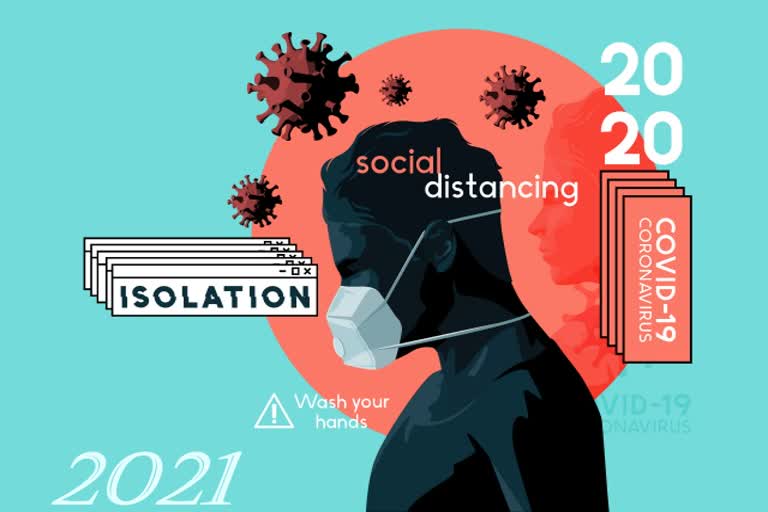The onslaught of the COVID-19 pandemic last year, which resulted in the sudden isolation of families together at home, gave rise to depression and anxiety at levels high enough that professional help is needed now, a new study has warned.
In the initial months of the pandemic, parents reported that their children were experiencing much higher levels of "internalizing" problems like depression and anxiety, and "externalizing" problems such as disruptive and aggressive behavior, than before the pandemic.
The issues have now gone out of control as the second wave of the pandemic is now surging. According to researchers from the Pennsylvania State University in the US, the children were 2.5 times and 4 times more likely to report externalizing and internalizing problems, respectively.
Also Read: COVID Antibodies Spike In Breast Milk After Vaccination: Study
Parents were 2.4 times more likely to report "clinically significant" high levels of depression after the pandemic hit than before. They also experienced lower levels of co-parenting quality with their partners.
"The size of these changes are considered very large in our field and are rarely seen," said Mark Feinberg, research professor of health and human development at Penn State.
"We saw not just overall shifts, but greater numbers of parents and children who were in the clinical range for depression and behavior problems, which means they were likely struggling with a diagnosable disorder and would benefit from treatment," Feinberg noted in the paper published in the journal Family Process.
For the study, the team used data from 129 families, which included 122 mothers and 84 fathers, with an average of 2.3 children per family. The research gave insight into just how devastating periods of family and social stress can be for parents and children, and how important a good co-parenting relationship can be for the family's well-being.
"Stress in general -- whether daily hassles or acute, crisis-driven stress -- typically leads to greater conflict and hostility in family relationships," Feinberg said. "If parents can support each other in these situations, the evidence from past research indicates that they will be able to be more patient and more supportive with their children, rather than becoming harsher and angrier," he added.
(IANS)



